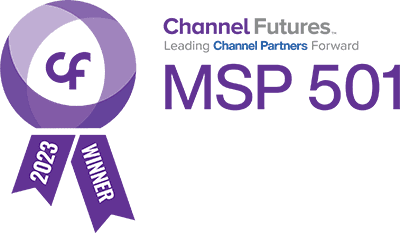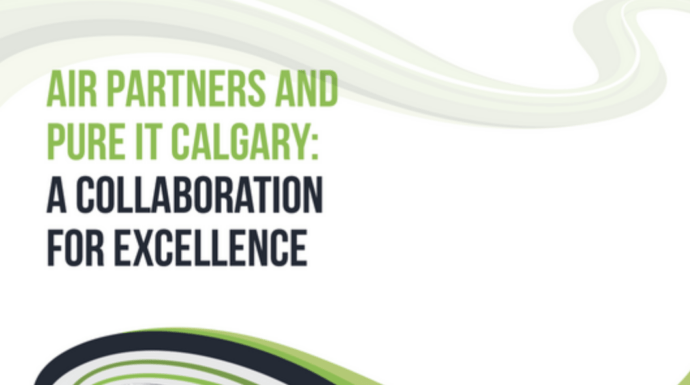Industry Leaders Can Rely On IT Solutions To Get Through COVID-19 Crisis
Entrepreneurs and CEOs must protect employees and business continuity during the COVID-19 outbreak. Safety measures and innovative IT solutions are being tested.
Government officials and business leaders alike have a responsibility to protect everyday Canadians from unnecessary exposure to the escalating coronavirus pandemic.
Public schools have been closed for an extended period to slow the virus’s spread, and reports indicate high-ranking officials tested positive for Novel Coronavirus, also known as COVID-19. Given the contagion’s ability to move from person to person and remain potent on hard surfaces, industry leaders are tasked with implementing employee safety measures. Health organizations are advocating for improved sanitization, while entrepreneurs and CEOs must find creative solutions to avoid a work stoppage.
How To Protect Workplace Employees From COVID-19
Organizations that have not implemented viable remote capabilities must rely on preventative measures outlined by health agencies such as the Centers for Disease Control and Prevention (CDC). The CDC published guidelines on how to stem the spread of COVID-19 and its measures seamlessly apply to workspaces.
- Clean all hard surfaces with household or commercial cleansers
- Clean and sanitize all keyboards and devices
- End the practice of sharing workspaces, keyboards, and devices
- End the practice of business handshakes
- Wash hands for 20 seconds with hot water
- Use hand sanitizers with 60-percent alcohol content or higher
- Employees should avoid touching their nose, mouth, or eyes.
The CDC has a complete guide called “Environmental Cleaning and Disinfection Recommendations” available online that provides detailed steps. It’s also important for hard-working Canadians to rely only on credible online resources because hackers are preying on COVID-19 fears for monetary gain.
Cybercriminals Launch COVID-19 Phishing Schemes
No one knew how despicable hackers truly were until they developed scams to breach personal devices and business systems by using coronavirus fears. A recent report by Check Point indicates that cybercriminals are engaged in a corrupt global enterprise to target workers in regions where outbreaks occur. They are currently employing two otherwise typical schemes — Phishing and Spear Phishing.
- Phishing: Mass emails are being sent out to impacted areas under the guise of COVID-19 or coronavirus health agency information. Once a seemingly legitimate link has been clicked on, malware downloads into your device and may result in a business network breach.
- Spear Phishing: Leveraging social media platforms and phony coronavirus-themed websites, people are often promised quick delivery of test kits or important COVID-19 information. These sites ask for personal information and, again, once a link is clicked, malicious applications infect your device.
The challenge business leaders face is creating heightened awareness about COVID-19 hacker scams. Determined measures may require a third-party managed IT cybersecurity expert to bring workers up to speed quickly, implement improved in-house and endpoint device safeguards, and limit access to valuable data on the Cloud, among others.
Shifting To Remote Workforce To Prevent COVID-19 Spread
Perhaps the best defence against a workforce coronavirus spread is increasing the number of offsite tasks and employees. Many operations already welcomed policies such as Bring Your Own Device (BYOD) that allow vital team members to access electronic files and complete assignments from home or on the road. If your outfit was already proactive about BYOD and remote employees, expending access will mitigate the spread of infection.
For companies that have yet to take the next logical step into Cloud-based operations, a savvy managed IT expert can quickly get you up-and-running on the Cloud. These rank among the critical next steps businesses would be wise to consider if you want to avoid disruption.
- Select or augment a Cloud plan to get through the COVID-19 crisis
- Choose or expand collaboration applications such as Microsoft 365 or Office 365
- Secure employee endpoint devices
- Create Cloud accesses with defined permissions and privileges
Working remotely used to be considered a perk for employees that value autonomy. But potential workplace disruption from contagions and other external forces are making it abundantly clear that IT solutions are leading the way companies to achieve goals. Decision-makers concerned about a downturn may want to consider reaching out to a third-party managed IT expert for COVID-19 solutions.





